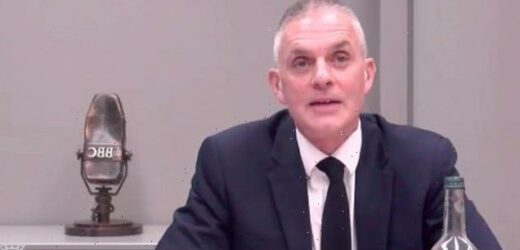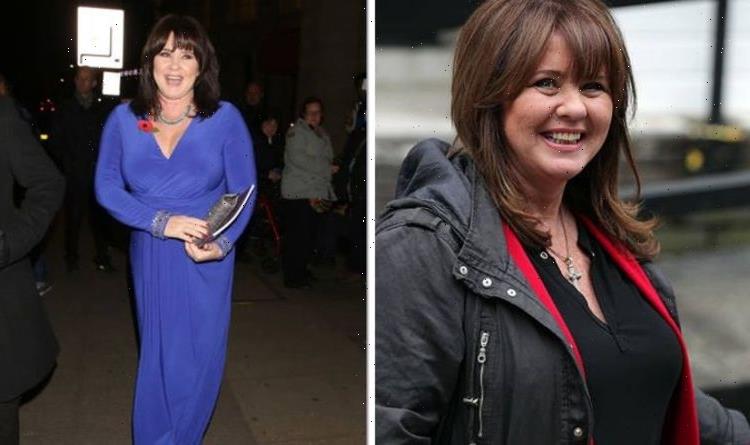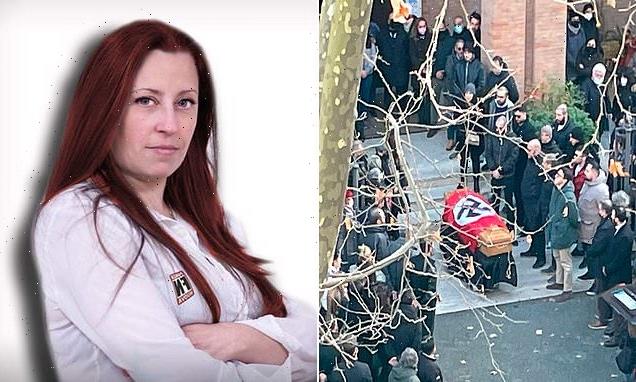BBC boss Tim Davie claims the broadcaster is making ‘reasonable progress’ on improving impartiality
- Tim Davie said BBC has not been ‘dragged into’ action to improve impartiality
- Said action taken to ensure BBC is ‘relevant to everyone paying their licence fee’
- Director general said broadcaster is making ‘reasonable progress’ on the issue
The director general of the BBC today insisted the broadcaster was not ‘dragged into’ improving impartiality by ‘political noise’.
Tim Davie told peers that the BBC had acted on the issue in order to ensure ‘we are relevant to everyone paying their licence fee’.
Giving evidence to the House of Lords Communications and Digital Committee, Mr Davie said in the last year the broadcaster has been ‘culturally resetting’, with new training and social media guidelines, and ‘reasonable progress’ has been made.
His comments came as it was revealed that by the beginning of December 2021, 11,000 BBC employees had gone through new impartiality training.
Tim Davie told peers that the BBC had acted in order to ensure ‘we are relevant to everyone paying their licence fee’
The BBC has faced criticism in recent years over alleged bias in some of its reporting.
Some of the broadcaster’s stars have also faced a backlash over their posts on social media.
Mr Davie, who became director general in September 2020, told peers this afternoon: ‘The reason we focused on impartiality was not wholly, not largely, because of political noise, it was because of our licence fee payers and ensuring we are relevant to everyone paying their licence fee and the households.
‘So this is not the BBC being dragged into this, bluntly, it is about what we are valued for and I have to say in the course of the last year I feel that the need for us to double down on impartiality has never been greater.
‘The threats to balanced, fair reporting, trusted news sources, I think since I sat with this committee, the risks have got heightened rather than decreased and we see an incredibly polarised media market.
‘We also see in countries around the world defence of free media being a very real and live issue.
‘The risks therefore are real and I think we have immediately last year did a number of things in terms of culturally resetting the BBC, training, social media guidelines, records of external engagements, a whole host of initiatives we can talk about.
‘And I think we have made reasonable progress. By the way our numbers are broadly holding flat if not slightly improving in some metrics in terms of impartiality.’
Mr Davie’s colleague, David Jordan, director of editorial policy and standards at the BBC, set out how the broadcaster is seeking to improve impartiality.
He said by the beginning of December 2021, 11,000 employees had gone through new impartiality training, while the BBC is working on ‘updating and refreshing’ its whistleblowing policies.
Source: Read Full Article



